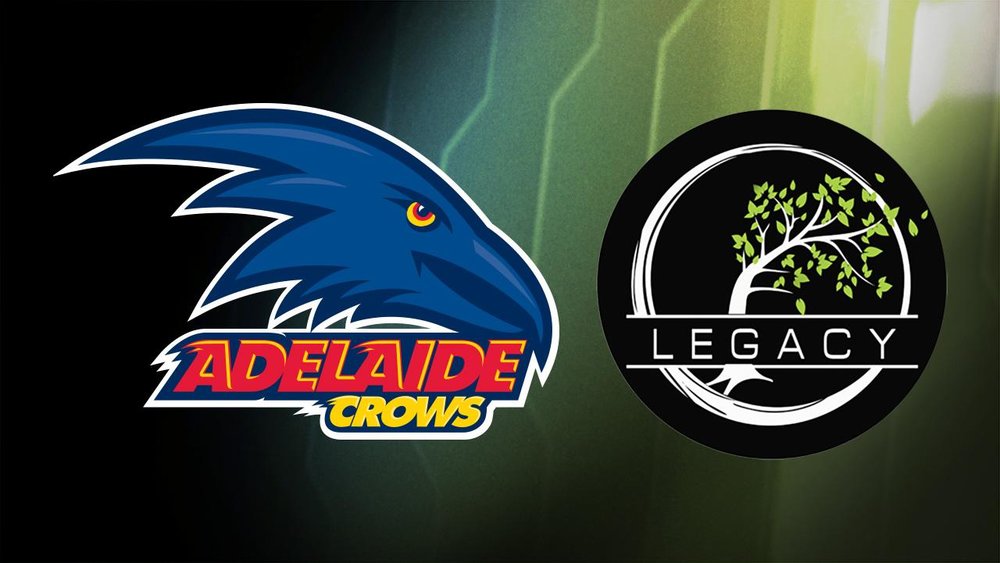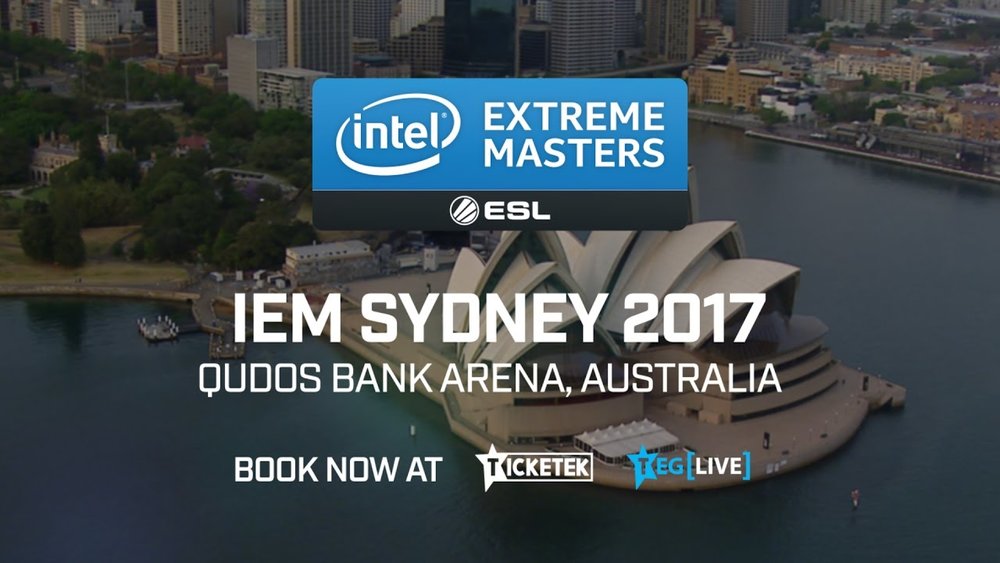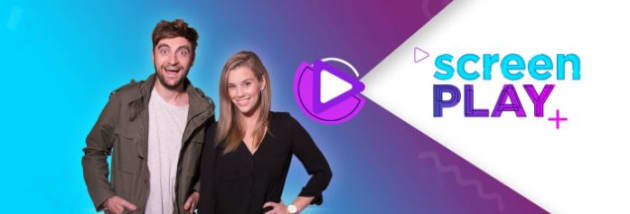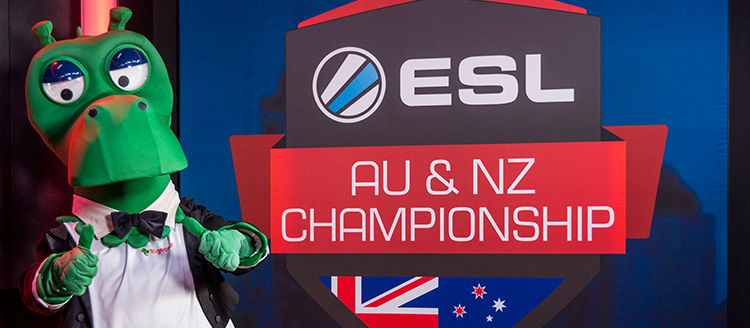Industry Guest Post: Dave Harris has spent over 15 years in traditional sports with his last major role being General Manager at National Rugby League. Dave is currently the Managing Director of Guinevere Capital Esports & Entertainment with a portfolio including LG Dire Wolves, Supa-Stellar, SCG Esports High Performance Centre and The Next Gamer.
Australia is known globally for its strong (sometimes obsessive) sporting culture but far less so when it comes to esports. However, the same triggers that have propelled esports into the mainstream in regions such as North America started to occur in Australia in 2017.
TRADITIONAL SPORTS

A major driver for legitimising esports is endorsement and investment from traditional sports. Following Guinevere Capital investing in LG Dire Wolves in September 2016, 7 of the 8 League of Legends, Oceanic Pro League teams have now been bought out by groups with traditional sport and entertainment experience.
Australian Football League (AFL) – In early May 2017, the AFL (Australia’s largest professional sport) announced its interest in involvement in esports. In mid-May, AFL team the Adelaide Crows became the first traditional sports team (after over 6 months researching the space) to acquire an esports team, buying Legacy Esports. In December 2017, Essendon Bombers followed suit buying into Abyss Predator who had already been bought out by sports investment group ESE.
A-League (Soccer) – In August, Melbourne City (part of the City Football Group, along with New York City and Manchester City) announced the signing on their first FIFA esports player. A full competition with 2 representatives from each A-League club has since been announced in December 2017.
Many more traditional sports teams are investigating ways to enter the esports space but it must be noted that Australia has one of the most congested traditional sports landscapes in the world and teams generally don’t have significant free cashflows or billionaire owners standing behind them. The propositions to local sports teams inviting them to start their own esports franchises (as opposed to buying/partnering with existing esports organisations), do not appear to have yet hit the mark.
LIVE EVENTS

Intel Extreme Masters Sydney – IEM Sydney in May 2017 was a game changer for Australian esports with 14,000 attendees at Qudos Bank Arena across the weekend and 8 million viewers online. Attending a live event is often the turning point for non-endemic sponsors and other stakeholders to realise esports is a “real thing”. The rowdy crowd mimicking (and potentially surpassing) a traditional sporting event achieved notoriety along with the iconic “shoey”.
Gfinity – Backed by Australian Stock Exchange listed company HT&E, the Gfinity Elite Series (based upon the Gfinity UK model) has been announced for 2018 with Alienware as presenting partner and a soon to be announced live venue in Sydney.
TRADITIONAL BROADCASTERS

SBS – Were the first Australian Free-To-Air channel to broadcast esports in 2016 with the IESF Word Championships Qualifiers
Ch 7 – Entered esports with their multi-channel platform screenPLAY in 2017 and it will be interesting to see how they refine their initial strategy in 2018
NON-ENDEMIC BRANDS

St George Bank – Have been at the forefront of major non-endemic brands entering the Australian Esports market. Initially through association with the CS:GO Zen League, they have since partnered with Channel 7 and their gaming/esports property screenPlay.
McDonald’s – The first Quick Service Restaurant to come into the esports space through the StarCraft 2 World Championship Series and the Throwdown Rocket League OCE Championship
Hungry Jacks – Just announced as the Presenting Partner of the League of Legends, Oceanic Pro League this is one of if not the biggest deals in Australian esports and will be integrated across the competition and platforms which is aiming to have lighter, fun theme this year. For those unaware, Hungry Jack’s is the Australian version of Burger King.
Part 2 will focus on both the challenges and opportunity that Australia has in esports.